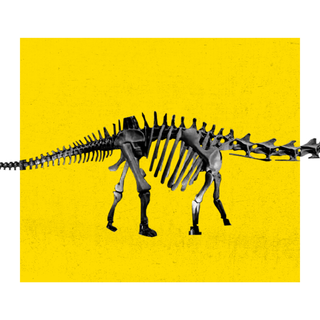“Carpenter ants give each other wet, slobbery kisses to make sure the colony keeps working like a well-oiled social ‘machine,'” a report by Science Alert states.
You might be wondering: “Wait, what?” Turns out, ants swap spit to help each other perform their designated roles — foraging, nursing, what have you — in the community, according to new research. Published in eLife, the study found that through kissing, an ant species was able to create a kind of “social metabolism.”
“These fluid exchanges [a.k.a. kisses] allow ants to share food and other important proteins that the ants themselves produce…,” Adria LeBoeuf, an evolutionary biologist from the University of Fribourg in Switzerland, who co-authored the study, said in a statement. “Individual ants have two stomachs — one for digesting their own food and another one that comes first,” LeBoeuf added.
In other words, this creates a “social stomach” that stores fluids ants share with others in their colony. The proteins exchanged can range anywhere from those impacting growth and digestion to the immune system.
“To help us understand why ants share these fluids, we explored whether the proteins they exchange are linked to an individual’s role in the colony or the colony’s life-cycle,” LeBoeuf told The Daily Mail. This exploration led to the research that included around 70 colonies and 40 individual fluid samples.
Complicated terminologies (like “fluid exchanges”) aside, here’s what happens: “nurse” ants that care for the young, for instance, were found to have more anti-aging proteins in their social stomachs.
Related on The Swaddle:
Fungus That Seduces Male Flies to Have Sex With Dead Females Could Be Used as Insecticide
“This suggests other, ‘selfless’ ants are passing on life-extending molecules to the nurses, who need to live longer to raise the next generation,” the Science Alert article explained, adding that “some ants, in other words, are doing the hard, metabolic labor never to see the benefits themselves.”
The researchers also found that at different stages of the life cycle of their respective colonies, ants circulate different proteins. Young colonies prioritize rapid sugar processing, while older, mature colonies focus on circulating proteins necessary for living longer lives, along with the growth and metamorphosis of their young.
The findings shed light on the “kissing” model in ant colonies. A previous study, that also involved LeBoeuf, focused on kissing among ants. It concluded that when ants kiss, they communicate via chemical cocktails — including proteins, hormones, and even cues to help baby ants recognize their nests or mates.
The present study takes the research around “kissing ants” one step further.
Further research on how each shared protein ultimately impacts the colony and individual ants “may help us learn more about the ways that other creatures, like humans, distribute metabolic tasks between different tissues or different cells in their bodies,” LeBoeuf noted.
The researchers believe these wet smooches, basically, became a way for ant societies to evolve and establish divisions of labor. It truly is all in the kiss, it seems.




